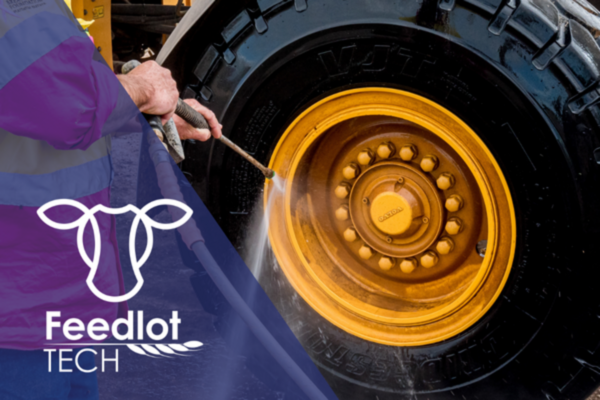Upcoming Sessions
-
March
4
March 2026 Group Training - Vehicle and Machinery Maintenance
Starting:04/03/2026 @ 03:30 PM SydneyEnding:04/03/2026 @ 04:30 PM Sydney -
April
1
April 2026 Group Training - Euthanasia and Post Mortem
Starting:01/04/2026 @ 03:30 PM SydneyEnding:01/04/2026 @ 04:30 PM Sydney
See All Upcoming Sessions

Join resident facilitators, Jeff House and Emily Litzow, live as they guide you and the team through some of Feedlot TECHs online courses. Each month, a new module will be presented as live, interactive group training. The access fee is per feedlot/business, and covers all staff that wish to partake in the training session. Read more

This course covers the fundamental aspects of Lairage for cattle. It will develop your understanding of lairage and how the actions and decisions of each person involved in the supply chain, including feedlot staff, can influence this stage. Your will get an understanding of the importance of your role at the feedlot and how you can influence carcase weight and the quality of the beef delivered to the consumer. Read more

This course provides all of the Livestock Handling Fundamentals modules in one place. This course includes: 1. Good Stockmanship 2. Receive and Dispatch 3. Working Your Facility 4. Team Leader 5. Animal Wellbeing for Transport 6. Chain of Responsibility 7. Lairage Read more

This course provides all of the Livestock Health Fundamental modules in one place. This course includes: 1. Cattle Induction, Acclimation and Care, 2. Treating with Drugs and Antimicrobials, 3. The Feedlot Hospital, 4. Practical Procedures and 5. Euthanasia and Post Mortems Read more

This course is part of the NFAS: Mastering the Fundamentals online skills training. There are several steps feedlots must take to become accredited under the National Feedlot Accreditation Scheme (NFAS) and then to maintain their accreditation. This module will cover gaining NFAS Accreditation and how to maintain your NFAS accreditation including audits, activities and statement of authority holders. This E-learning series has been funded by grain-fed levies and matching federal government R&D contributions in consultation with the Australian Lot Feeders’ Association. This module has been mapped to the Australian Curriculum grades 7-9 and State Curriculums for grades 10-12. Details can be found here: Curriculum mapping - Maintaining NFAS Accreditation Read more
.png)
Your role in maintaining a well-functioning feedlot is essential to ensuring the safety and wellbeing of both cattle and workers. We will explore the fundamentals of how to keep pens, bunks, troughs, and related facilities in good condition. This module will cover: Performing maintenance tasks to keep feedlot pens safe and functional. Following procedures to identify, report, and address pen issues. Implementing preventative maintenance to reduce repairs and costs. Cleaning and repairing bunks and troughs to support cattle health. Identifying and addressing hazards to improve animal welfare. Recognising welding safety principles, including PPE and hazard awareness. Understanding basic welding repair requirements for feedlot infrastructure. Read more
Shopping Cart
Your cart is empty
